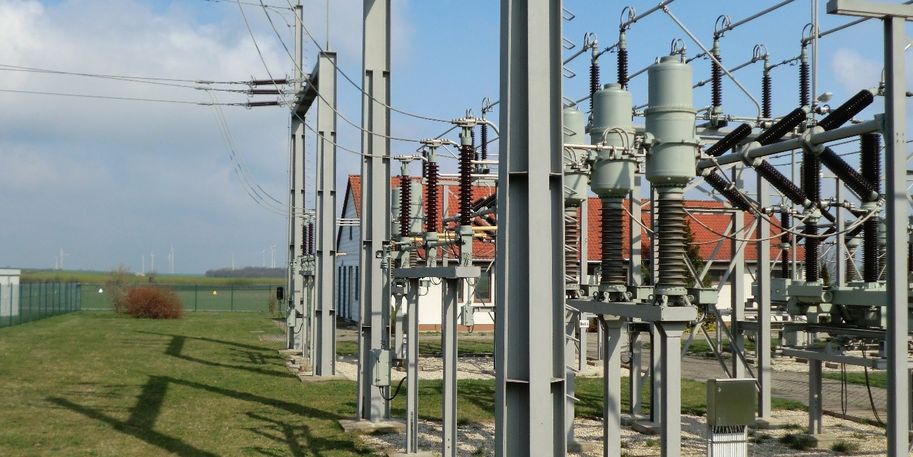What happens if...?
How does a blackout impact on water supply systems and how can their complete breakdown be avoided? These questions are in the focus of the research project "CIRMin – Critical Infrastructures Resilience as a Minimum Supply Concept”. The project is funded in the context of the research program "Zivile Sicherheit – Erhöhung der Resilienz im Krisen- und Katastrophenfall" by the German Ministry of Education and Research (BMBF).
Limited Resilience due to inter-sectoral Dependencies?
In a crisis situation, the reciprocal dependencies between supply infrastructures can interfere not only with regular supply systems, but also with emergency supply mechanisms. Hence, during a long lasting and widespread blackout an area-wide supply of the population with drinking water from the local water supply network can be maintained at best for a couple of hours. Yet afterwards, the blackout also hampers the emergency supply: Supply media (personnel, pumping of water, diesel, etc.), supply and transport routes (i.e. traffic-light-regulated streets and roads, electrified rail transport) as well as communication channels (mobile communications, digital communication networks and end devices) either break down immediately, or after several minutes to hours.
Challenge of Emergency Supply
Hence, the question is how the population can be supplied with a minimum amount of necessary goods during break down of critical supply infrastructures: How resilient is the respective infrastructure with regard to blackouts and which emergency mechanisms can become effective to what extent? Beyond this, to what extent can the population be self-sufficient? CIRMin examines these questions using the examples of Cologne and the city of Kerpen, as well as the Rhine-Erft-Region.
Fact-based Scenarios for demand-oriented Risk Management
Experts from municipal crisis response administrations and operators of critical supply infrastructure will be directly involved in the system analysis and the scenario development through in-depth-interviews and workshops. First of all, inter 3 gathers their experience and knowledge through a constellation analysis. Based on this, the resilience of supply infrastructure systems in the different case studies is analyzed. Structures and inherent dynamics of the systems provide the framework for possible scenarios of a breakdown of power and water supply and hence serve as the basis for best- and worst case variants of crisis response management. The scenarios will serve as a better preparation of responsible personnel for infrastructure breakdowns. A catalogue of recommendations for action will be derived from the scenarios, for risk management and minimum supply measures.

![[Translate to English:] Porträt von Axel Dierich](/fileadmin/_processed_/d/3/csm_21c962_ls_weiss-226_cf0c8064af.jpg)
![[Translate to English:] [Translate to English:]](/fileadmin/_processed_/3/f/csm_20180107_gefoerdert_vom_bmbf_deutsch_64c5d2497c.jpg)